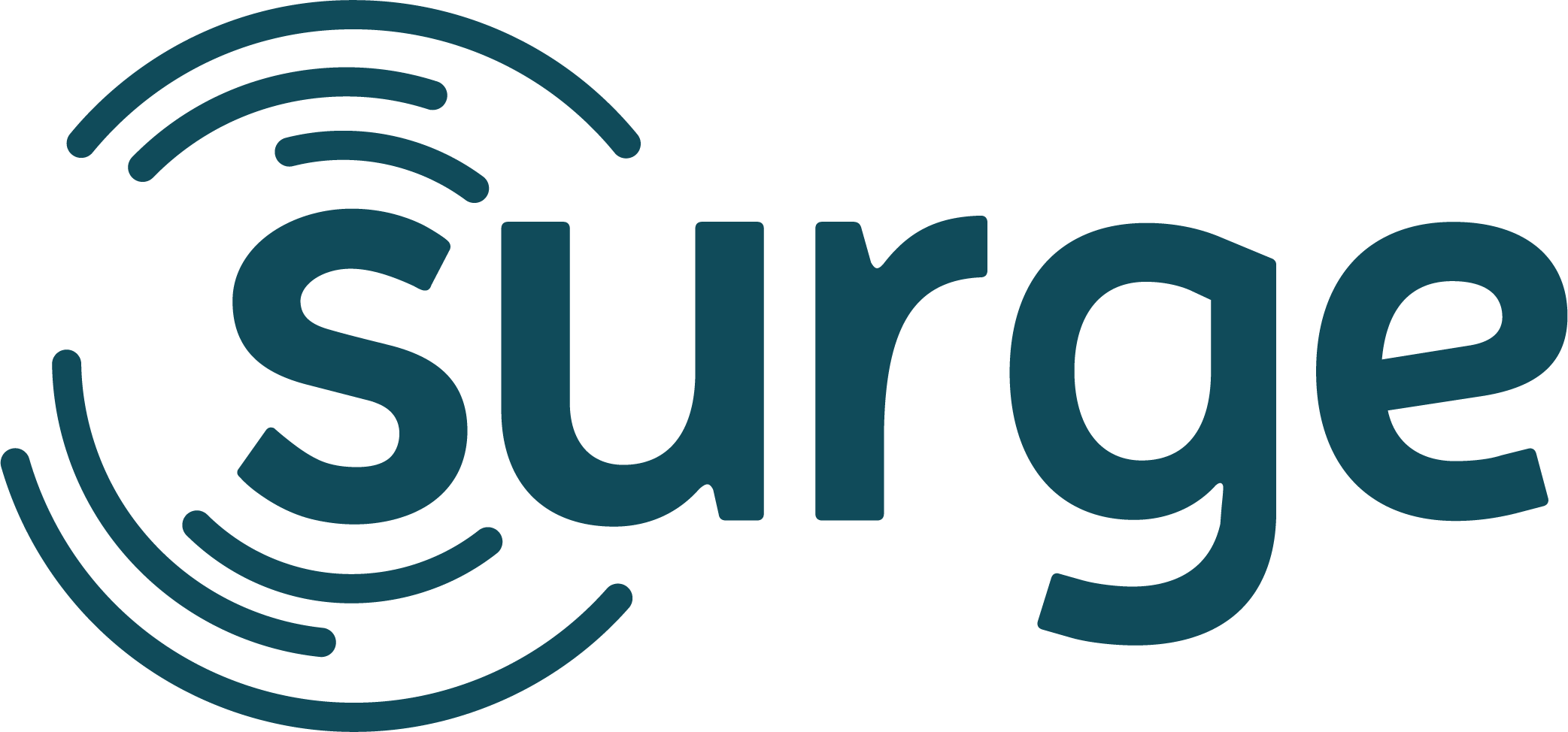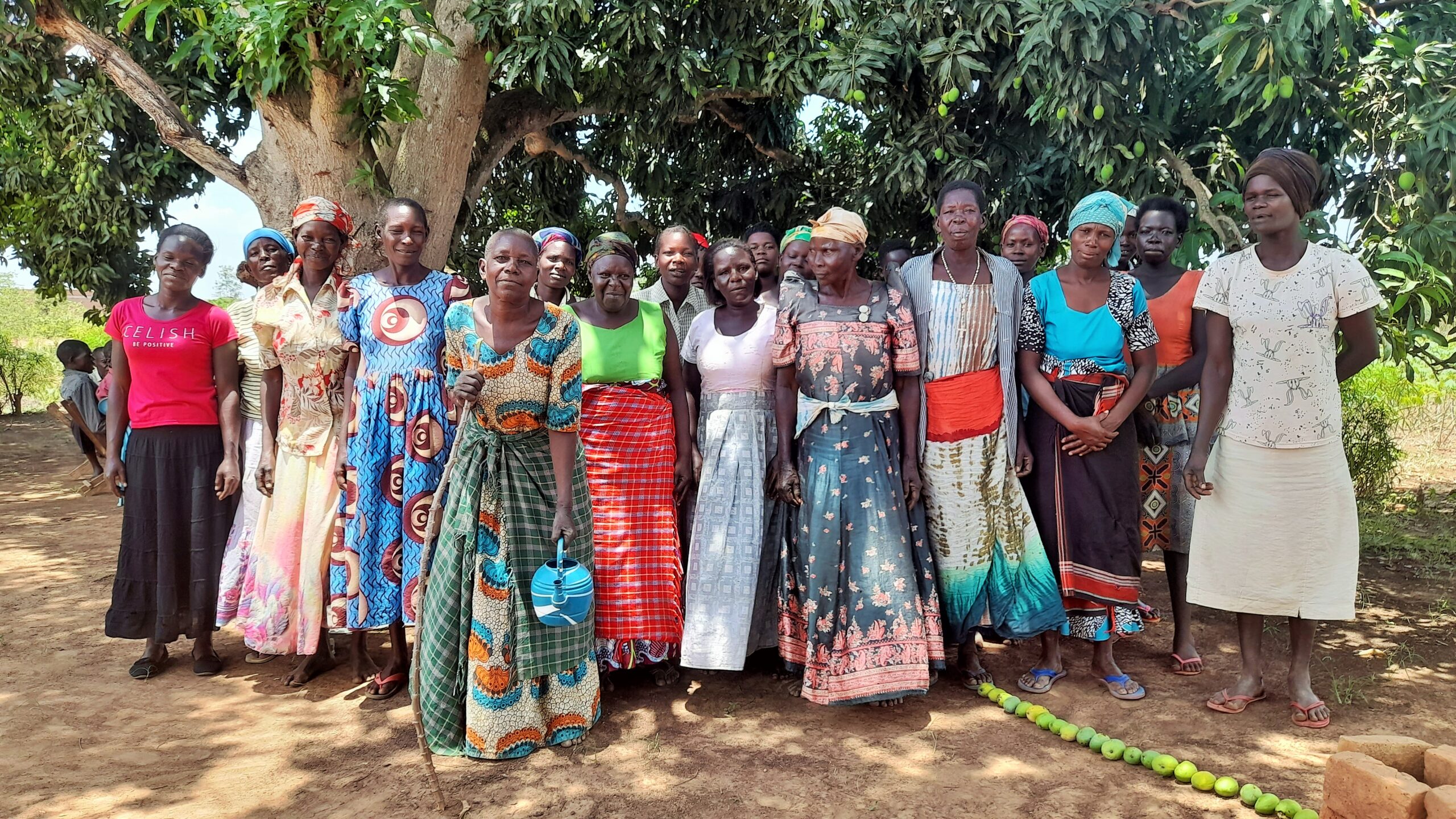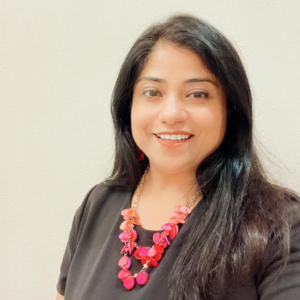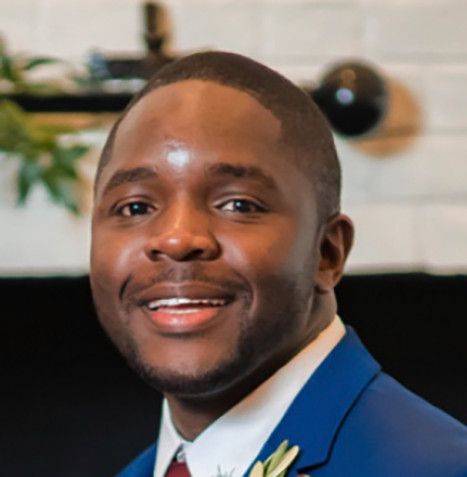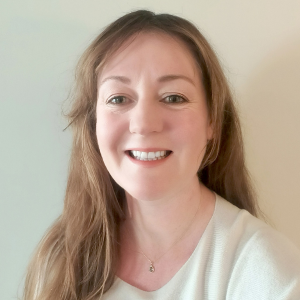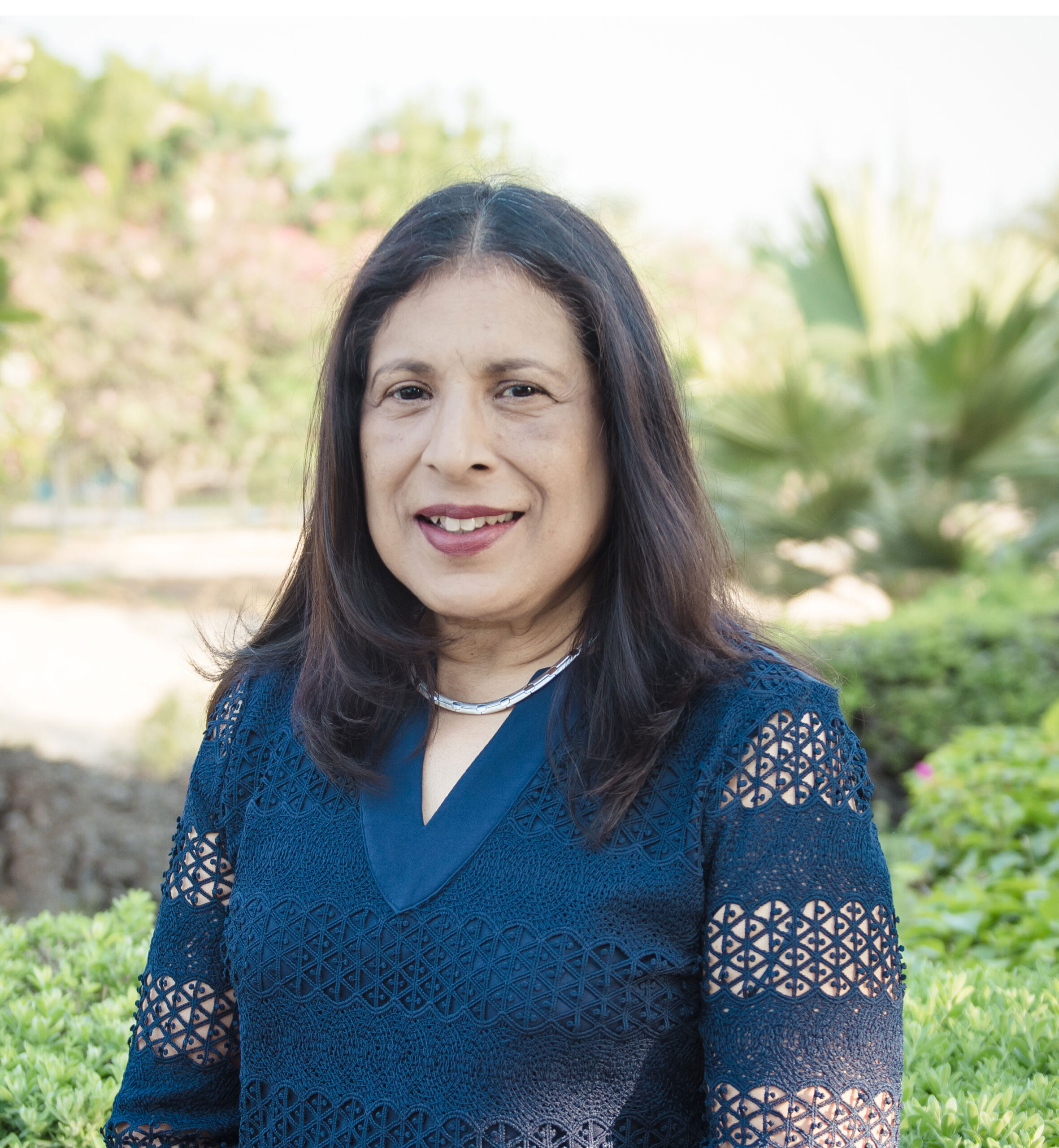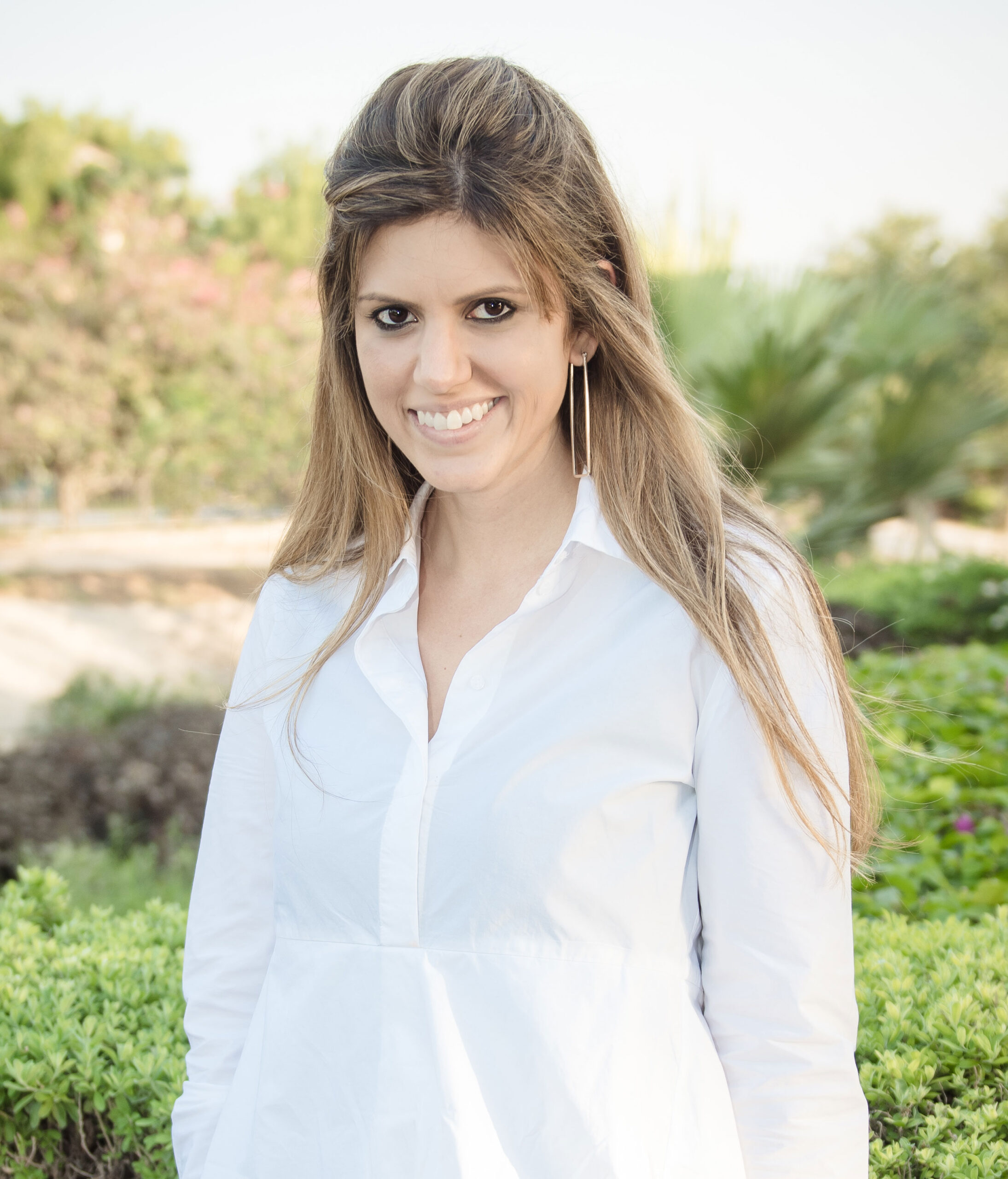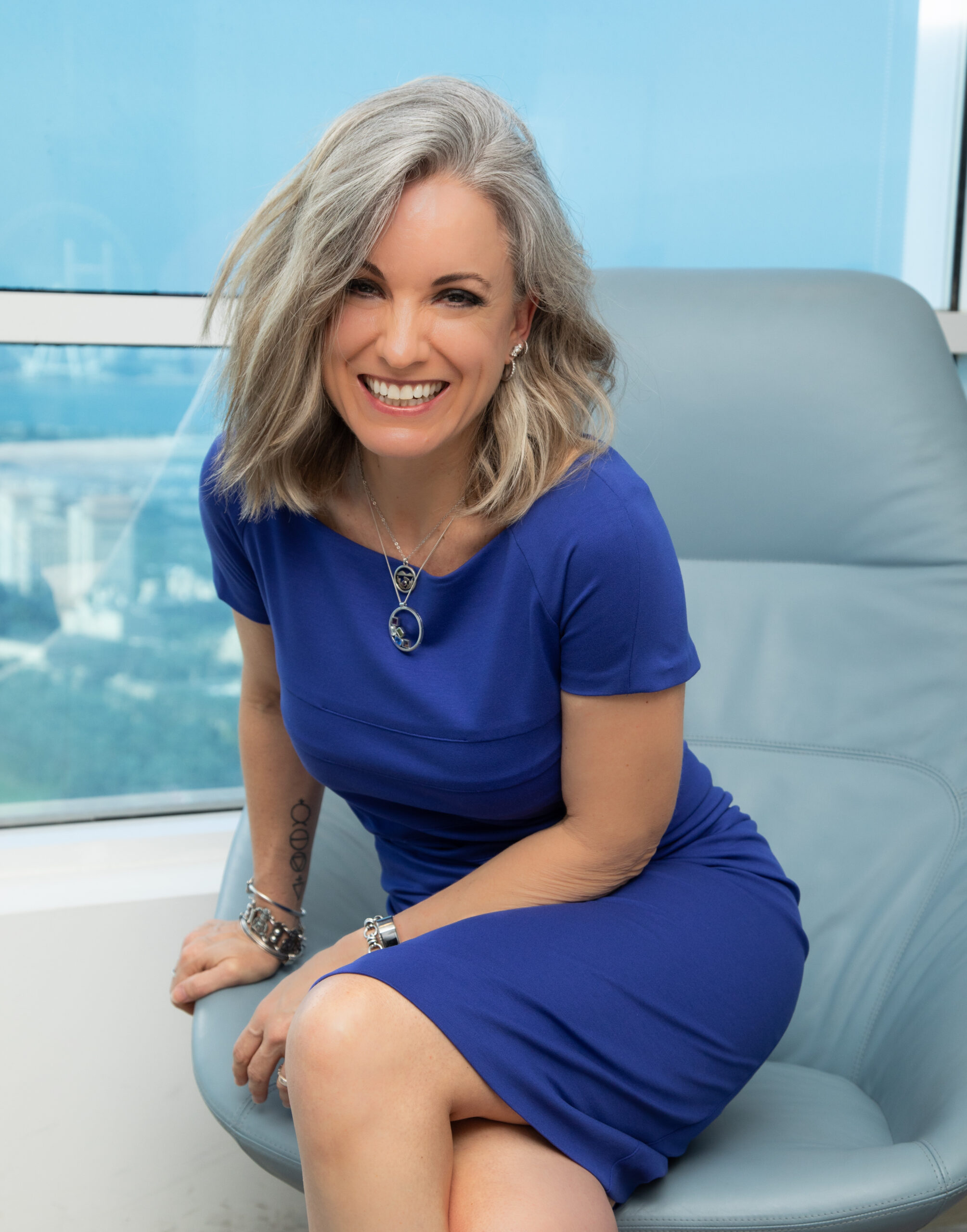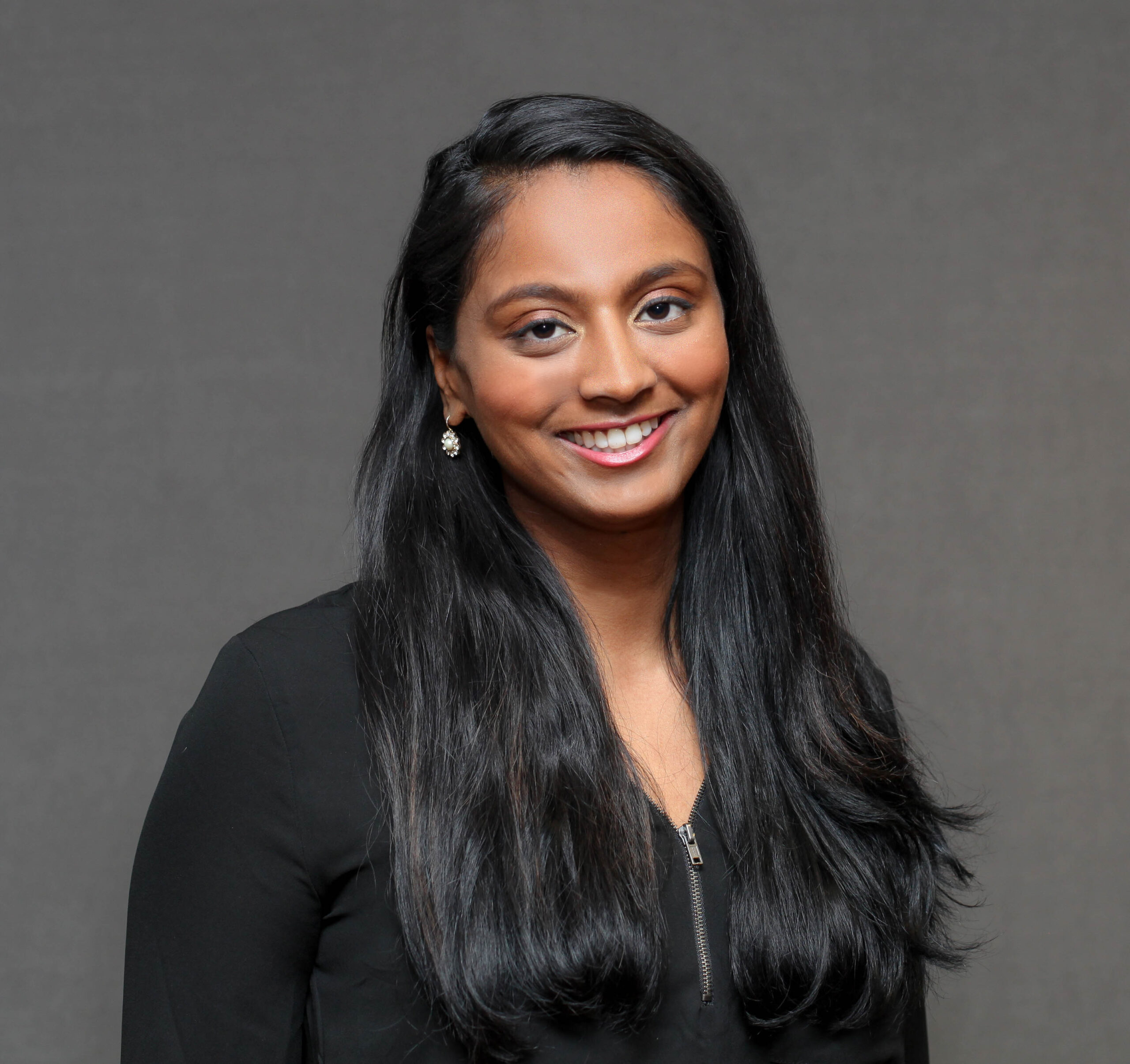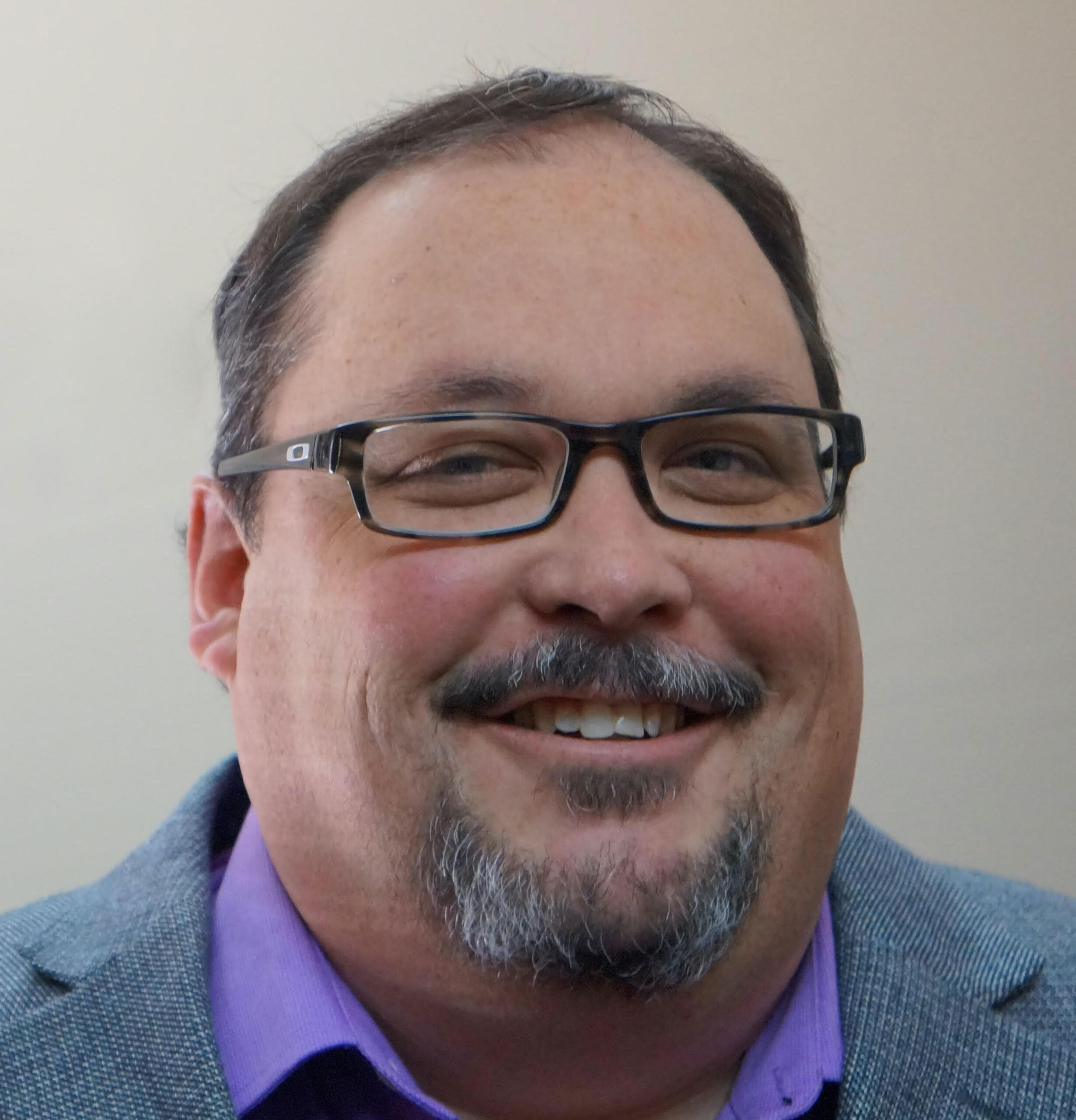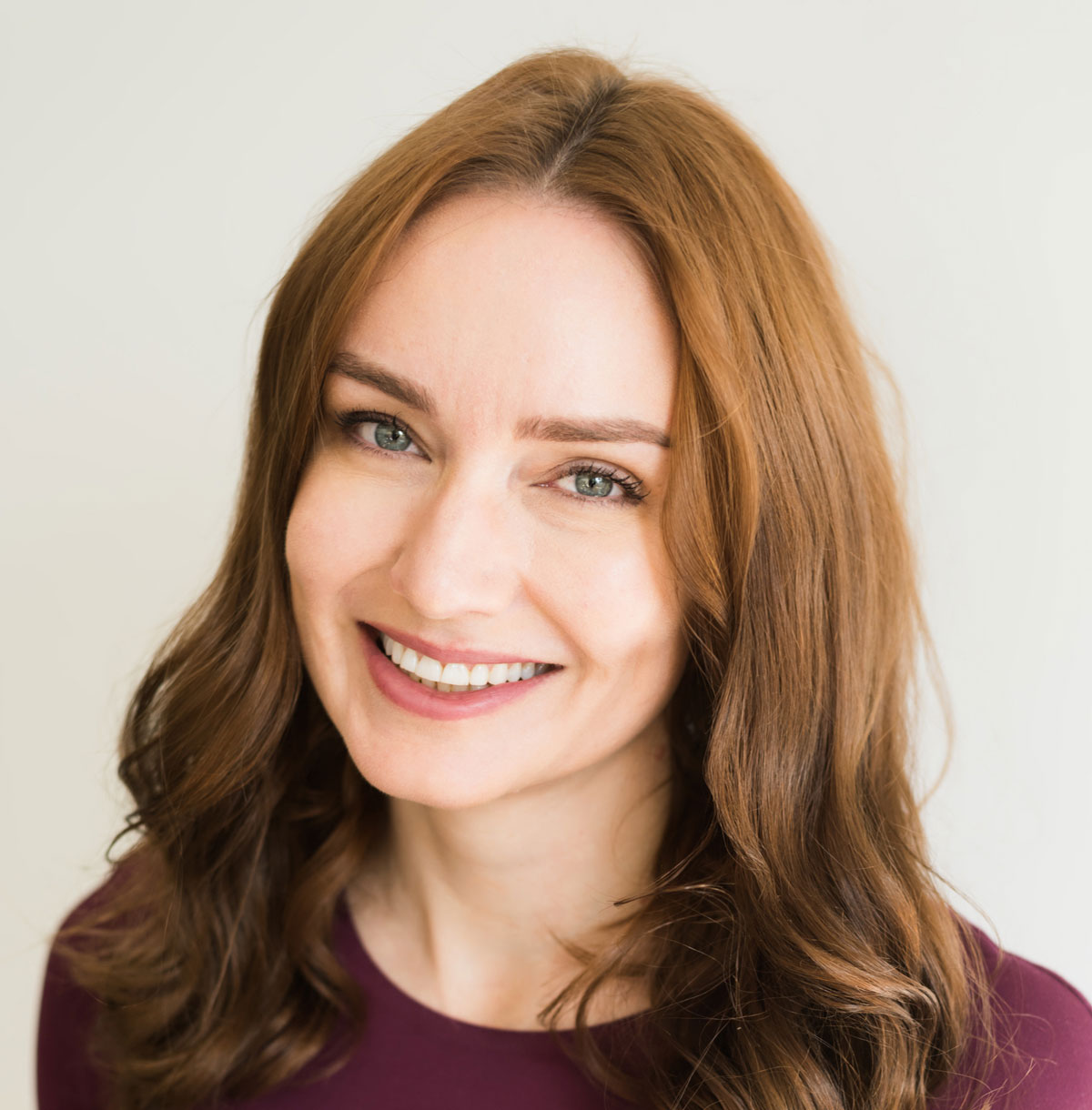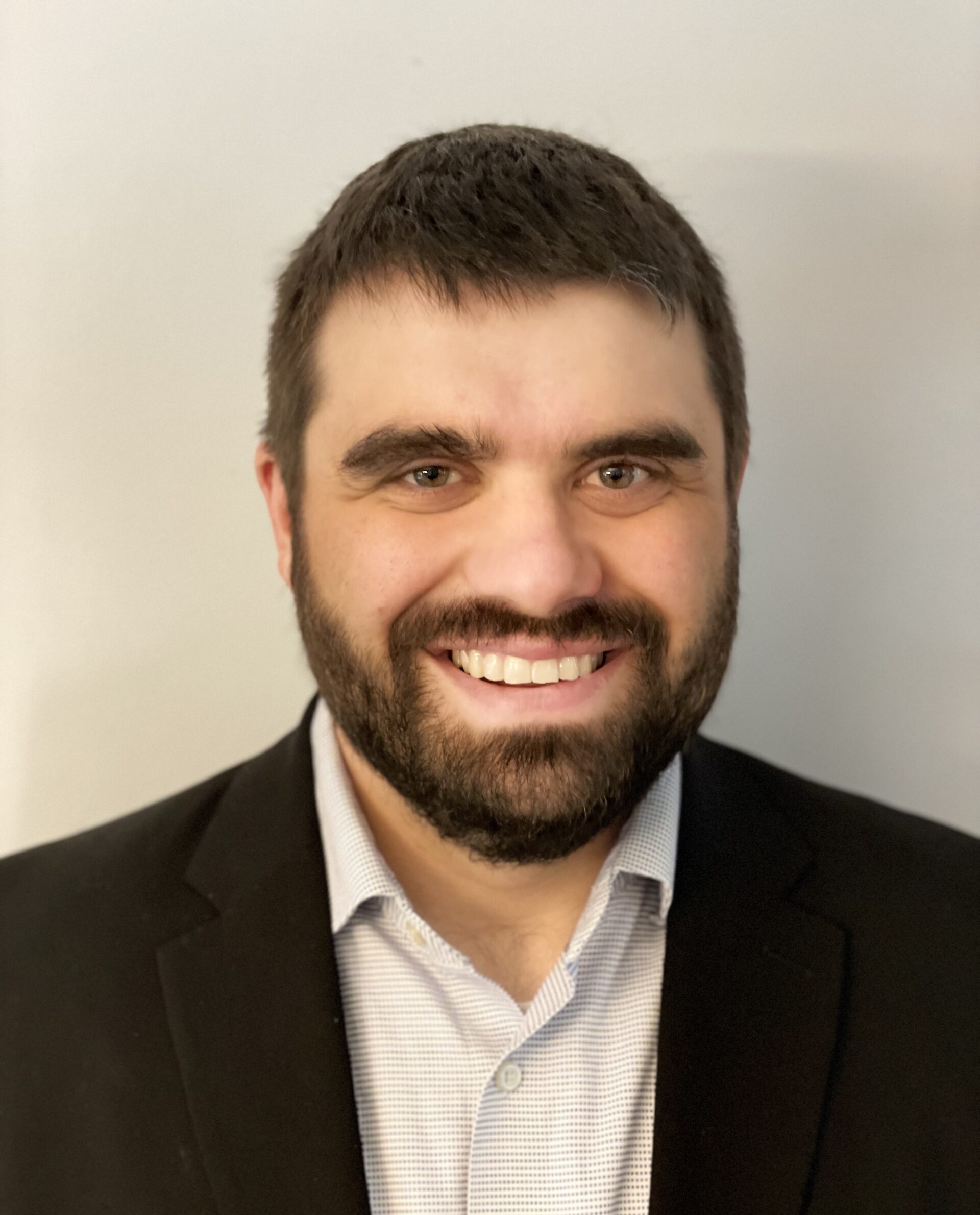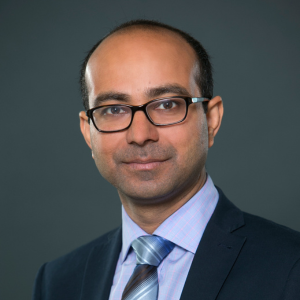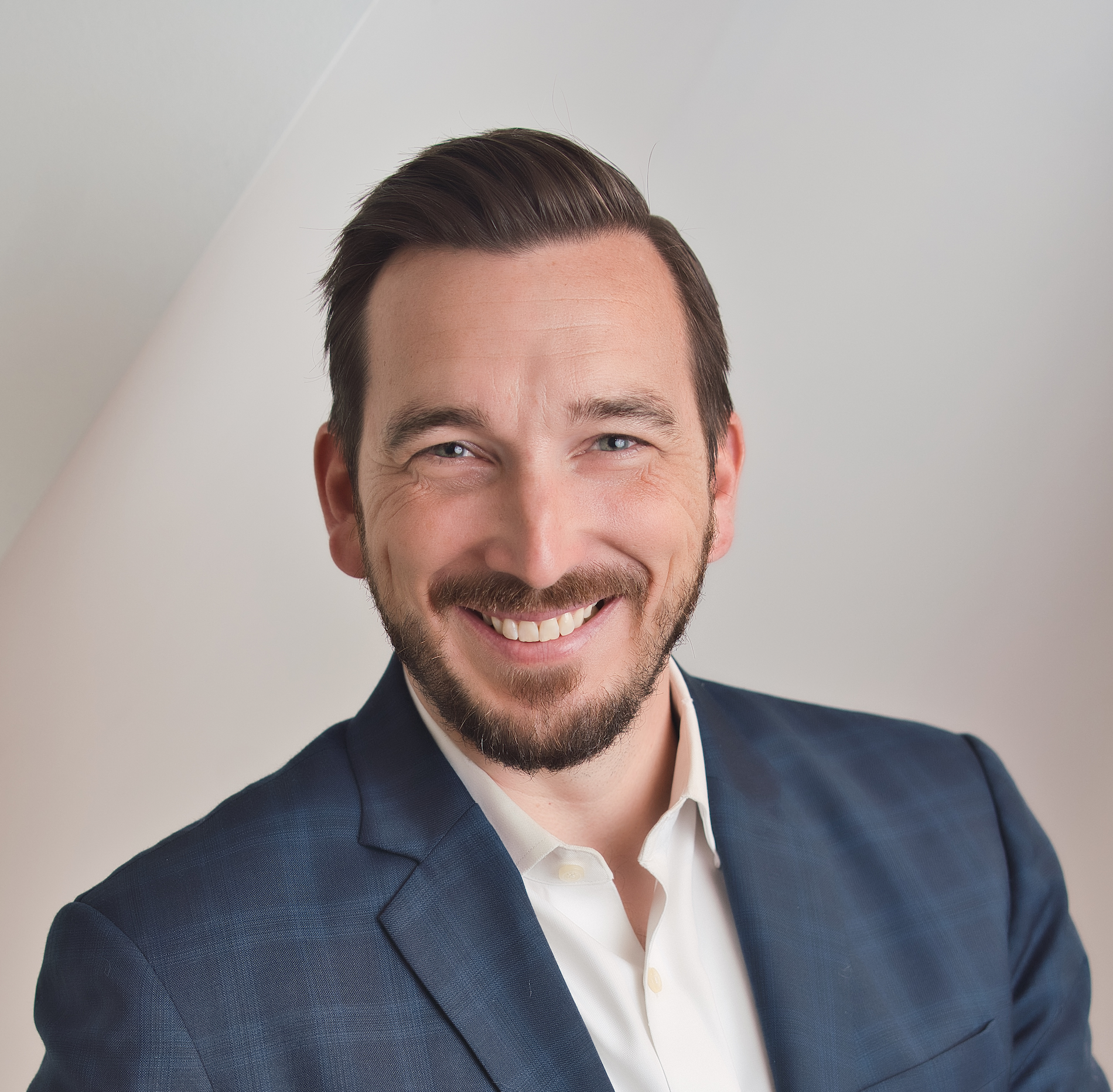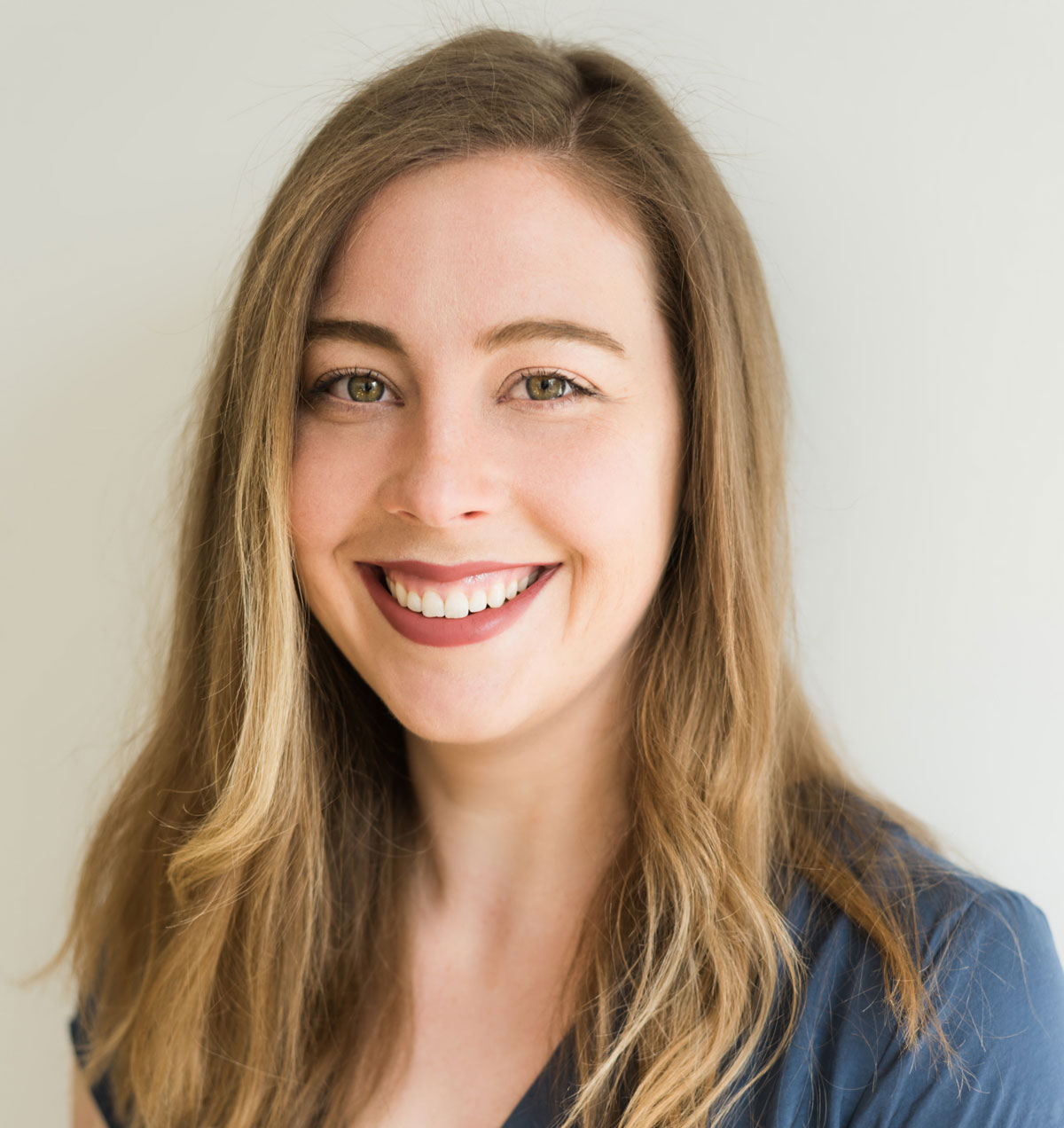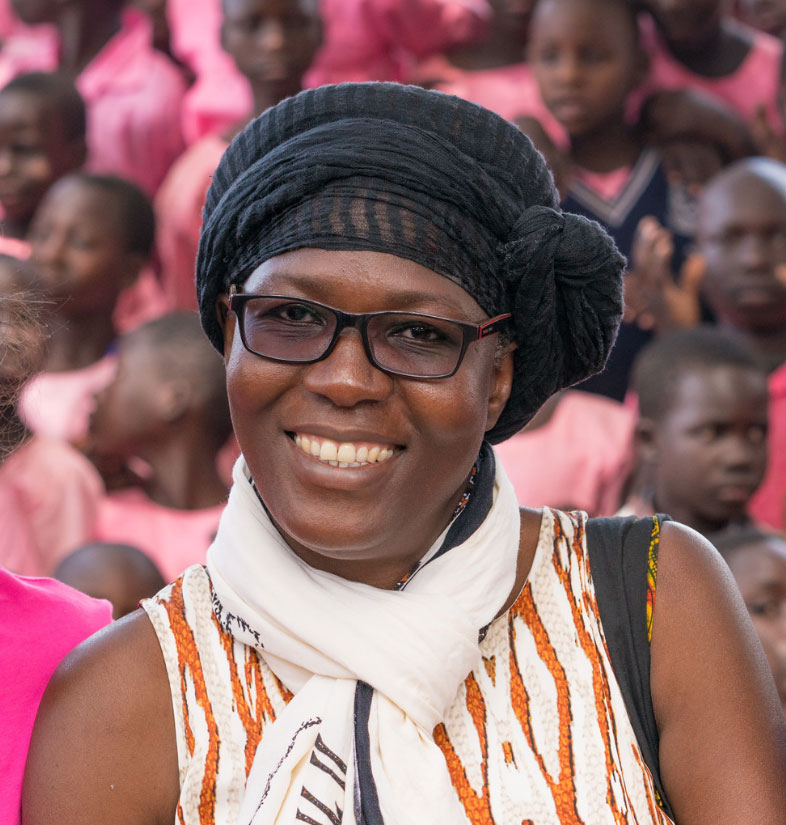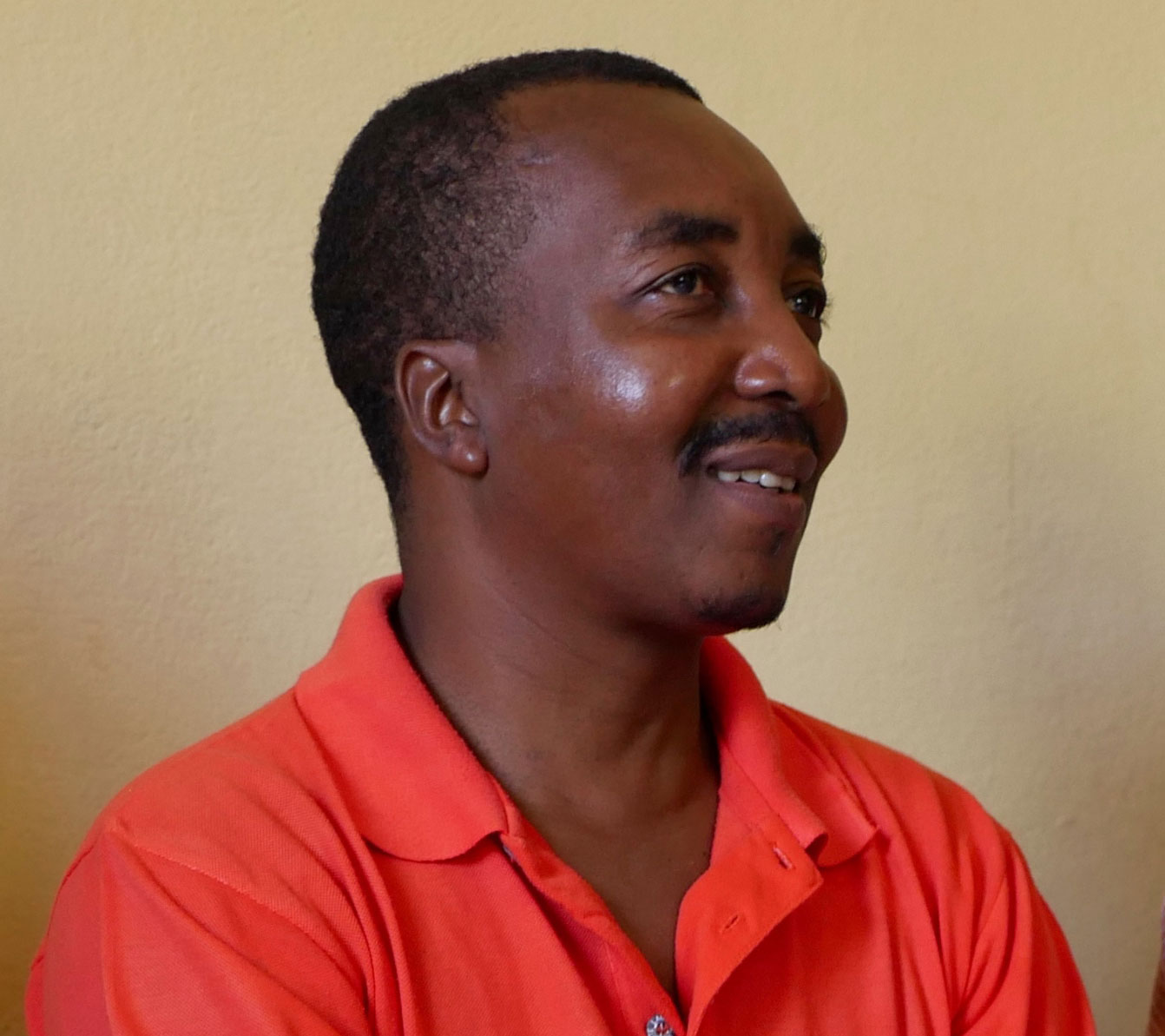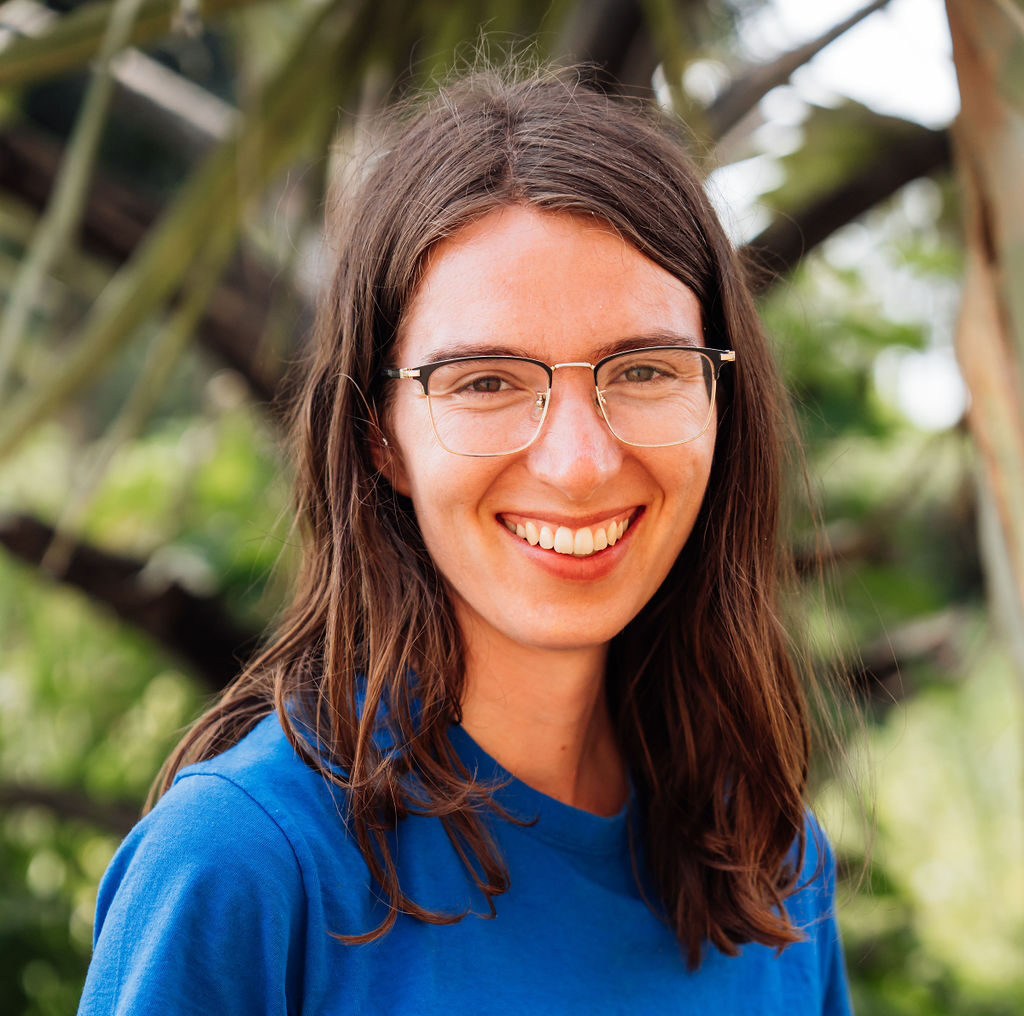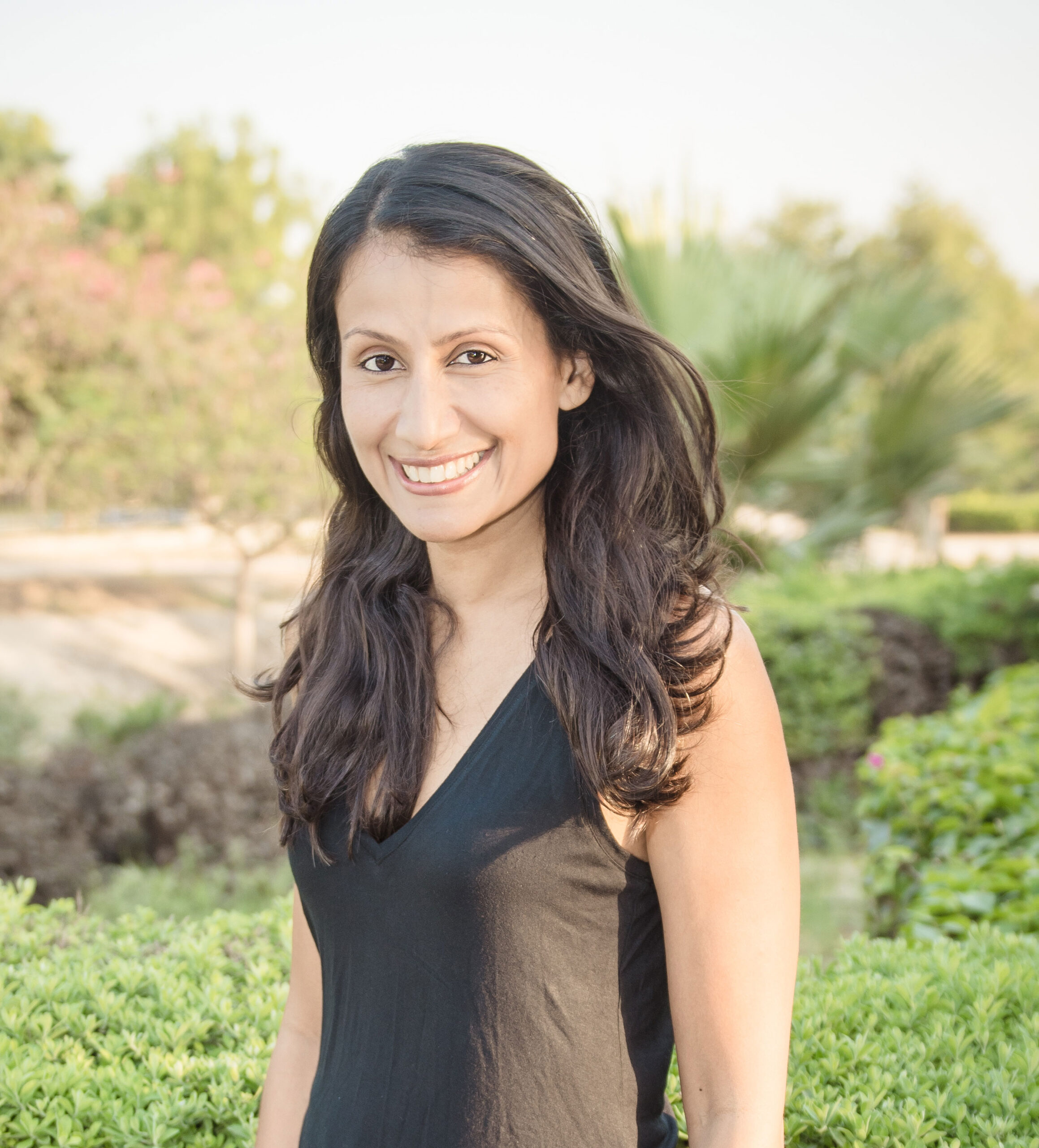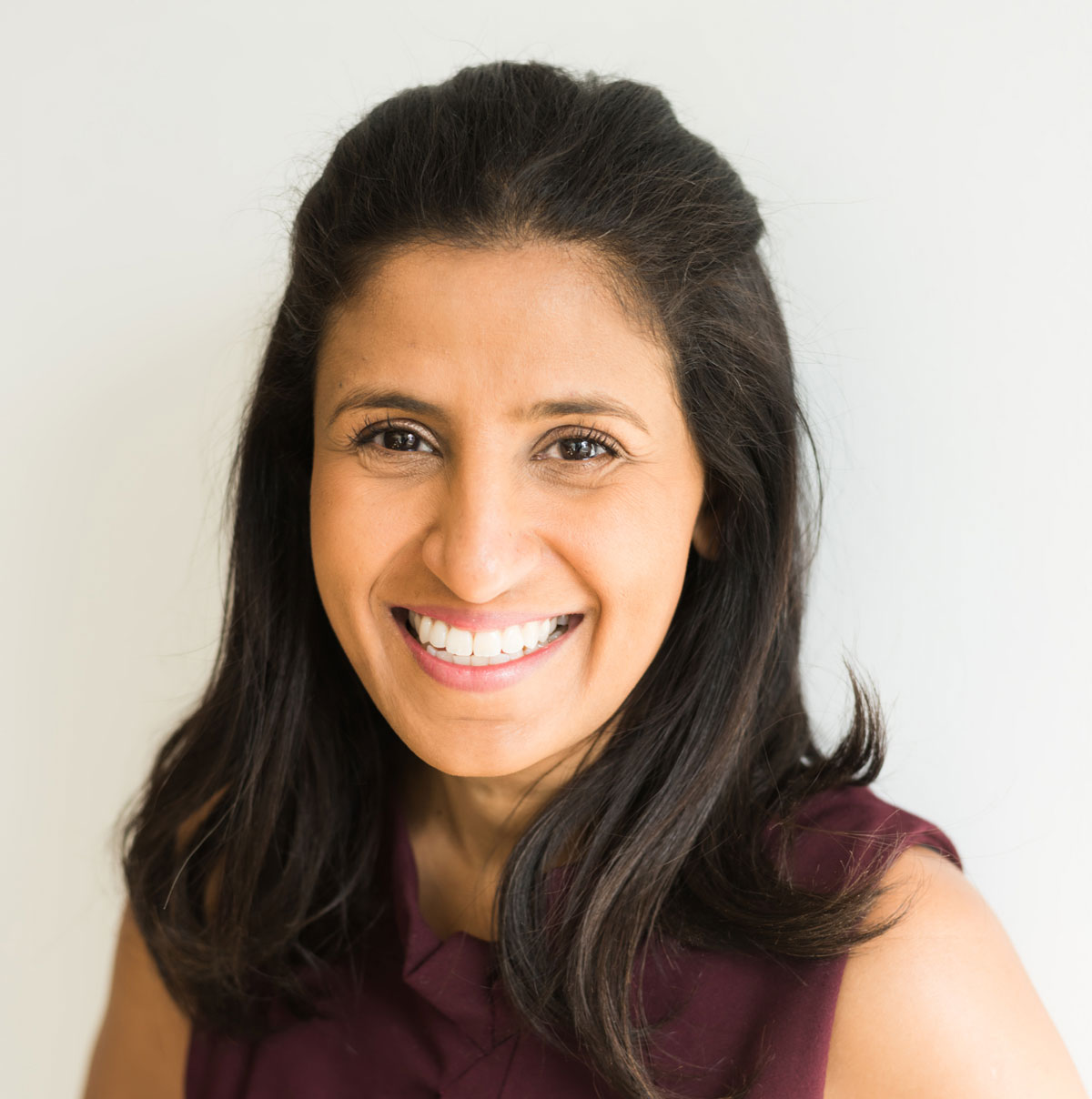Did you know that the global water crisis disproportionately impacts women and girls?
Women and girls often bear the burden of collecting water for their family’s survival. Globally, women spend over 200 million hours each day looking for water. This equates to the entire population of California spending 5 hours daily searching for water!
Time spent searching for water is time that women and girls could spend on work, school, playing, or caring for their families.
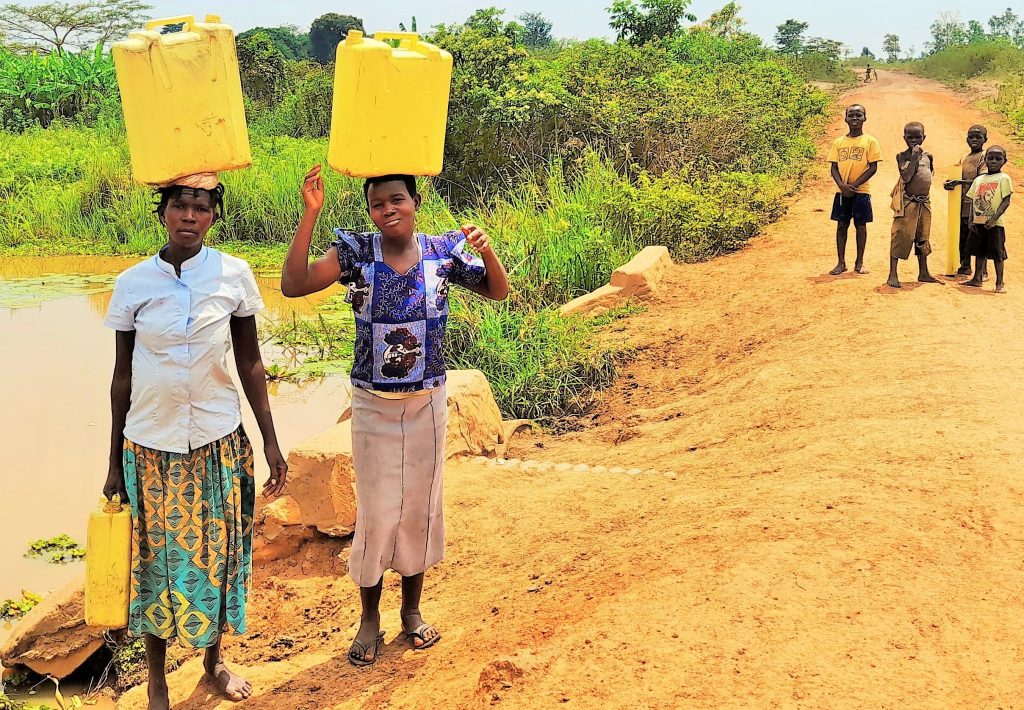
Women Who Help Women
Our work is women led because we want to strengthen the capacity of women around the world – starting with our own organization and the communities we work in. To this end, we have been working closely with women community leaders since 2015. When Shilpa Alva, Surge’s Founder & Executive Director, met Florence Ringe, Executive Director of POPOW, the connection was instant. We began to pilot programs throughout Kaberamaido and Kalaki Districts, Uganda, before officially joining forces. Today, this partnership is working to reach all 220,000 people in these districts through women-led, women-centered, and holistic water, sanitation, hygiene and menstrual health solutions.
Everywhere we work, we ensure that women are at the center of our programs. This includes our Country Directors, Program Officers, Trainers, community partners, and more. We make sure that women and girls are part of our solutions by engaging them in every step of our process: organization leadership; community mobilization; local jobs; menstrual health classes; members of water-user committees; and more.
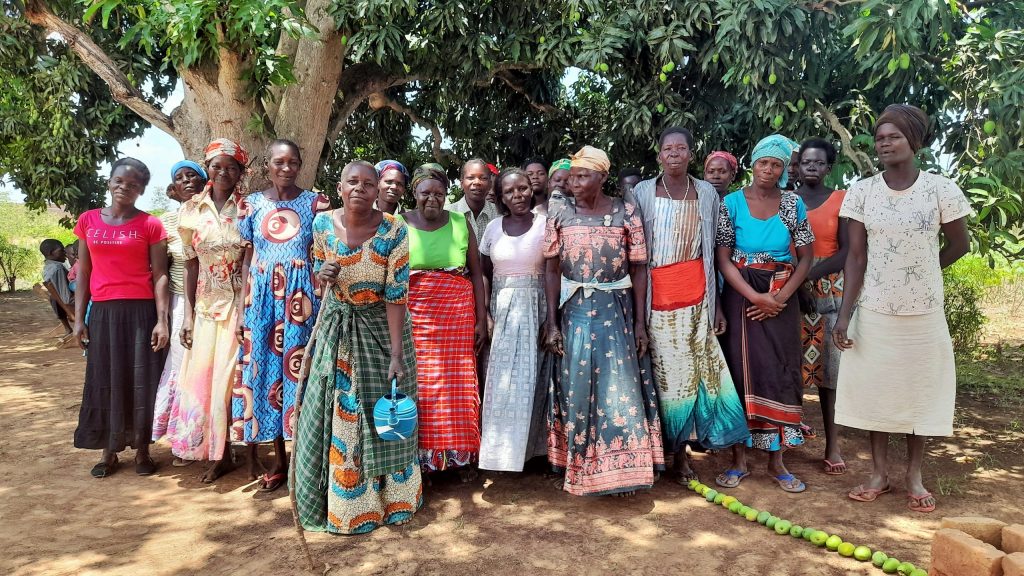
Women’s Lives Transformed
Entire communities benefit from our work, but it is often women’s lives that are transformed, as they no longer spend large amounts of time searching for water. One example of this are the women of Akura Community, whose lives changed in 2021 with the rehabilitation of their community’s well.
Aseku Josephine shared her story:
Before, I would walk one and a half to two kilometers searching for water from the nearest water point. When I got there, I would spend more than 2 hours waiting to fill my containers. Now, I can access water whenever I want since my home is near the well. I have plenty of time to do my other work at home!
Apedun Josephine, also a water user at Akura Community, had a similar story:
I would walk two kilometers searching for water. The nearest water point was shared by 3 villages and it would take more than two hours to fill my containers. When I came home late, my husband would start complaining that I must have gone to the trading center. He didn’t understand what I was going through to get water.
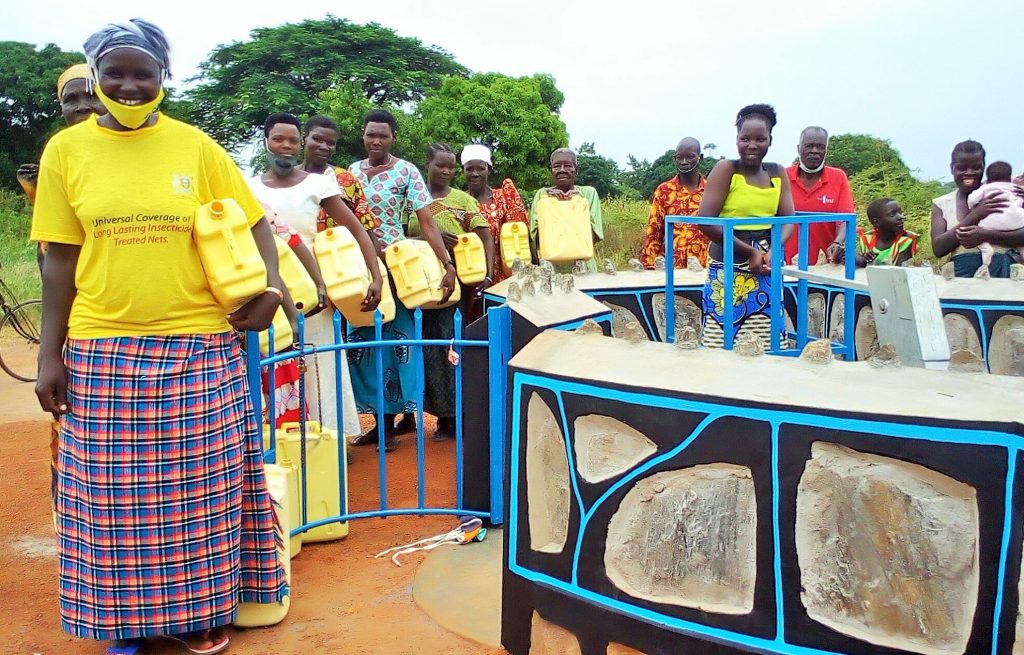
And while some women now have more time at home, others now have more time to focus on their businesses:
I used to walk two kilometers to fetch water. If I got to the water source at 10:00am, I would spend approximately 3 hours waiting for water. But now that stress is gone. I can now access any amount of water at any time for my business of brewing local alcohol.
Regardless of where they live, we are working hard to make sure that women’s voices are heard. By working hand in hand with our community partners, we can ensure that women in all of our communities have a chance for a better future.
If you’re interested in learning more about our women-centered approach or partnering with us, please contact us.
